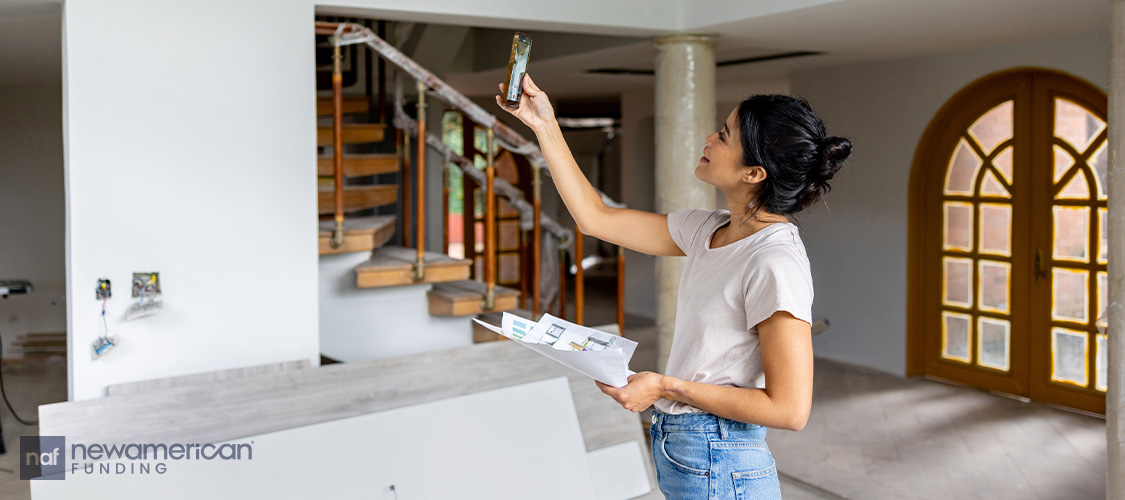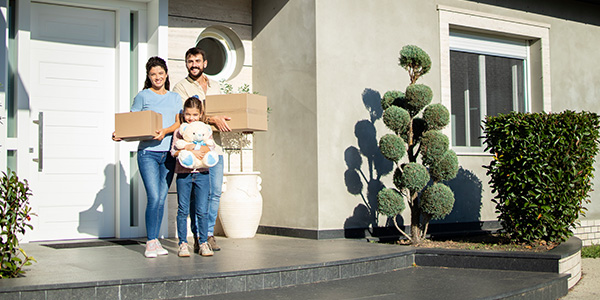Homeowners
What Is a Cash-Out Refinance Loan—And Is It Right for You?
October 15, 2024
With interest rates on the decline and potentially set to fall even lower soon, many homeowners are starting to consider their refinancing options. That’s especially true if they are looking to make some home improvements, pay for college, or are facing other expenses.
Some are looking into cash-out refinancing as a way to meet their financial needs.
A cash-out refinance allows the homeowner to access the equity they’ve built up in their home and use those funds how they choose. A cash-out refinance replaces your current mortgage balance with a larger one, allowing you to get the difference in cash.
“They can be an excellent strategy for unlocking the equity you've built in a property, allowing you to reinvest or use the funds in other ways,” Austin Glanzer, owner of Lancaster, Penn.-based 717 Home Buyers, said of cash-out refinances.
The size of the loan you receive may depend upon your credit score, home equity, payment history, and current loan-to-value ratio (LTV). You’ll need to pay closing costs when doing a cash-out refinance too, just like you would with a regular refinancing.
When should you consider a cash-out refinance?
Cash-out refinances can be helpful by providing funds needed for major renovations, tackling high-interest debt, and paying for emergencies. They can also come in handy when purchasing investment properties or vacation homes.
But cash-out refinances should be used with care. Unlike home equity lines of credit, also called HELOCs, where you can continually pull from a line of credit over a set period of time (usually up to 10 years), you only receive cash once from this type of refinancing. This means you should know how much you’ll need before beginning a cash-out refinance.
Additionally, you shouldn’t use a cash-out refinance to pay for smaller-ticket items like trips or electronics. You will likely lose money doing this as you’ll have to pay closing costs, even if the refinance amount is small.
It’s also not necessarily a smart financial decision use your home as collateral for a few fun purchases.
What are the costs of a cash-out refinance loan?

Like any kind of refinancing, you’ll need to pay closing costs for a cash-out refinance loan. The average closing costs for refinancing a $250,000 mortgage are $7,954, according to Freddie Mac’s refinancing calculator.
These costs include loan originator fees, title insurance, appraisal fees, and legal costs. These costs need to be taken into consideration when deciding whether to move forward with a cash-out refi.
You’ll also be making higher monthly payments throughout the life of the loan, as your loan balance will have increased.
Your original interest rate won’t stay the same either, so you may have to consider if you want to trade a lower interest rate you received in the last few years for today’s higher rates.
This is why it’s so important to understand if the math makes sense for a cash-out refinance.
Pros of cash-out refinance loans
 Cash-out refinance loans may help homeowners to pay for improvements to your home, like additions or renovations. Plus, the interest on any money spent on home improvements (but not repairs) is actually tax deductible.
Cash-out refinance loans may help homeowners to pay for improvements to your home, like additions or renovations. Plus, the interest on any money spent on home improvements (but not repairs) is actually tax deductible.
Speaking of taxes, cash-out refinances deliver another big win in this department.
“This cash [is] tax-free, making it an attractive option for those looking to access funds without the burden of additional taxes,” said Glanzer. He added that “the money received isn’t considered income,” but is instead seen by the IRS as additional debt.
You can also use a cash-out refinance to access some extra money and get a lower mortgage rate too if the rates are lower now than when you bought your home, which they might be, as rates have dropped by more than a full percentage point in the last year.
Cons of cash-out refinance loans
The biggest downside to cash-out refinance loans is that they carry some risk. You’re putting your home down as collateral to receive some extra cash. So if you get stuck with a higher monthly payment you can no longer afford, you could lose your home.
Glanzer also warned against taking out too high of a loan, too.
“If the market declines, you could find yourself owing more than your property is worth, particularly if you’ve pulled out a significant amount of equity,” he said.






 Smart Moves Start Here.
Smart Moves Start Here.